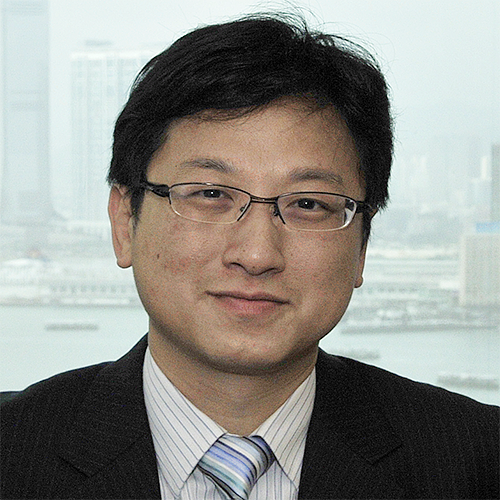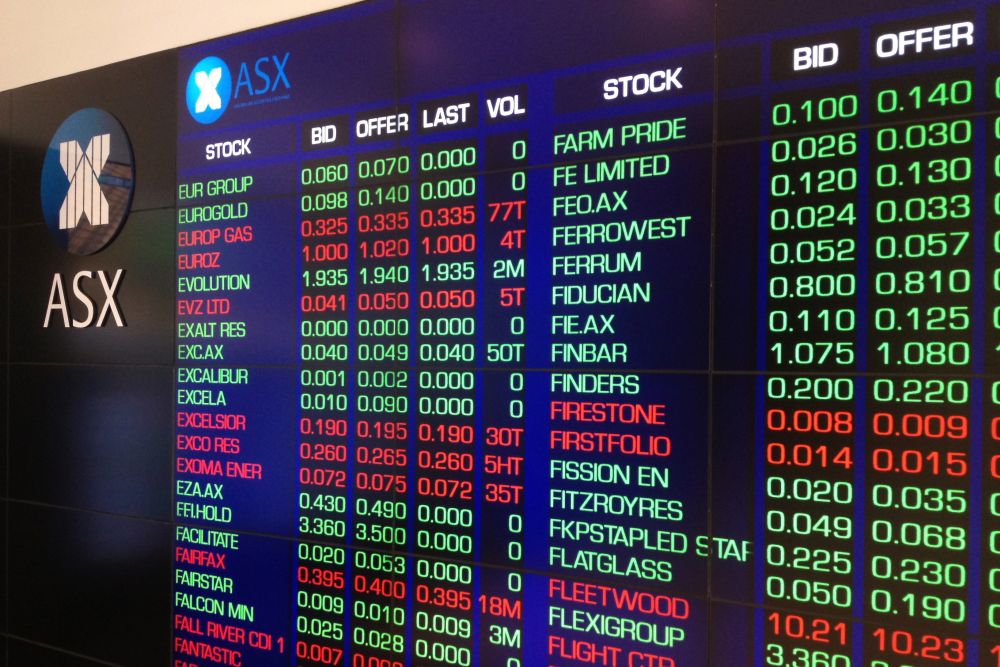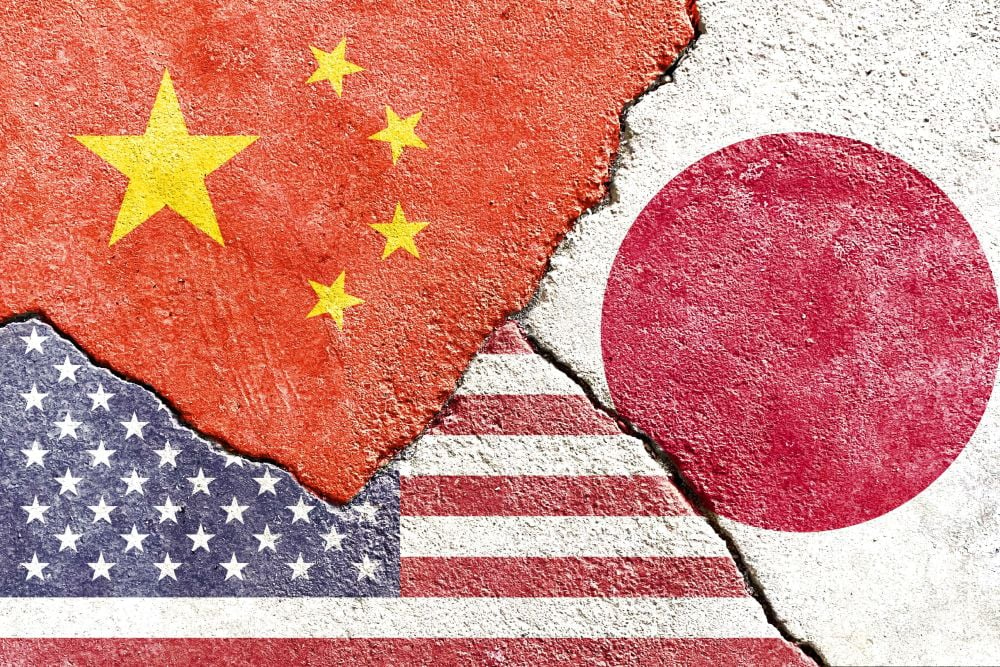Hong Kong Exchanges and Clearing (HKEX) on Friday (September 17) published a consultation paper seeking market feedback on proposals for the listing of special purpose acquisition companies (SPACs) in the city.
The consultation comes amid growing interest in SPACs, which provide an alternative venue for private companies to raise capital through a faster initial public offering process. Two weeks ago, the Singapore Exchange (SGX) unveiled its own framework for the listing of SPACs after a month-long consultation.
Under the HKEX proposals, the funds expected to be raised by a SPAC from its initial offering must be at least HK$1 billion (US$128.48 million). By comparison, the SGX rules set the minimum market capitalization for a SPAC listing at S$150 million (US$111.45 million), halving the original proposal after consultation.
The Hong Kong exchange also proposes that the subscription for and trading of a SPAC’s securities would be restricted to professional investors only. This restriction, however, would not apply to the trading of the successor company’s shares after the de-SPAC transaction.
“As Asia’s premier global listing market, HKEX is always looking for ways to enhance its listing framework, striking the right balance between delivering appropriate investor protections, market quality and market attractiveness,” says HKEX head of listing Bonnie Chan.
“We believe the introduction of a Hong Kong SPAC listing framework will provide another attractive route to listing in Hong Kong, allowing more companies from Greater China, Southeast Asia and beyond to seek a listing on HKEX.”
SPAC promoter
A SPAC is a type of shell company that raises funds through its listing for the purpose of acquiring a business (a de-SPAC target) at a later stage (a de-SPAC transaction) within a pre-defined time period after listing.
Under the HKEX proposals, each SPAC must have at least one SPAC promoter which is a firm licensed by the Securities and Futures Commission holding at least 10% of the promoter shares. SPAC promoters are professional managers, usually with private equity, corporate finance and/or industry experience, who establish and manage a SPAC. They are also known as “SPAC sponsors” in the United States.
Another proposal is that promoter shares must be capped at a maximum of 30% of the total number of all shares on issue as at the initial offering date, with a similar 30% cap on dilution from the exercise of warrants.
The exchange is seeking market feedback on its SPAC proposals and the proposed listing rules to implement them over the next 45 days. The deadline for responses is on October 31.
High-quality listings
“To maintain Hong Kong’s reputation for high-quality listings and stable secondary trading, safeguards are included in our SPAC listings proposals, which are designed to welcome experienced and reputable SPAC promoters that seek good quality de-SPAC targets,” Chan adds.
Other proposals in the consultation paper:
Application of new listing requirements. A successor company must meet all new listing requirements (including minimum market capitalization requirements and financial eligibility tests).
Independent third-party investment. This would be mandatory and must constitute at least 15-25% of the expected market capitalization of the successor company, validating the valuation of the successor company.
Shareholder vote. A de-SPAC transaction must be approved by SPAC shareholders at a general meeting (which would exclude the SPAC promoter and other shareholders with a material interest).
Redemption option. SPAC shareholders must be given the option to redeem their shares prior to a de-SPAC transaction, a change in SPAC promoter, and any extension to the deadline for finding a suitable de-SPAC target.
Return of funds to shareholders. If a SPAC is unable to announce a de-SPAC transaction within 24 months, or complete one within 36 months, the SPAC must liquidate and return 100% of the funds it raised (plus accrued interest) to its shareholders. The exchange will then de-list the SPAC.









